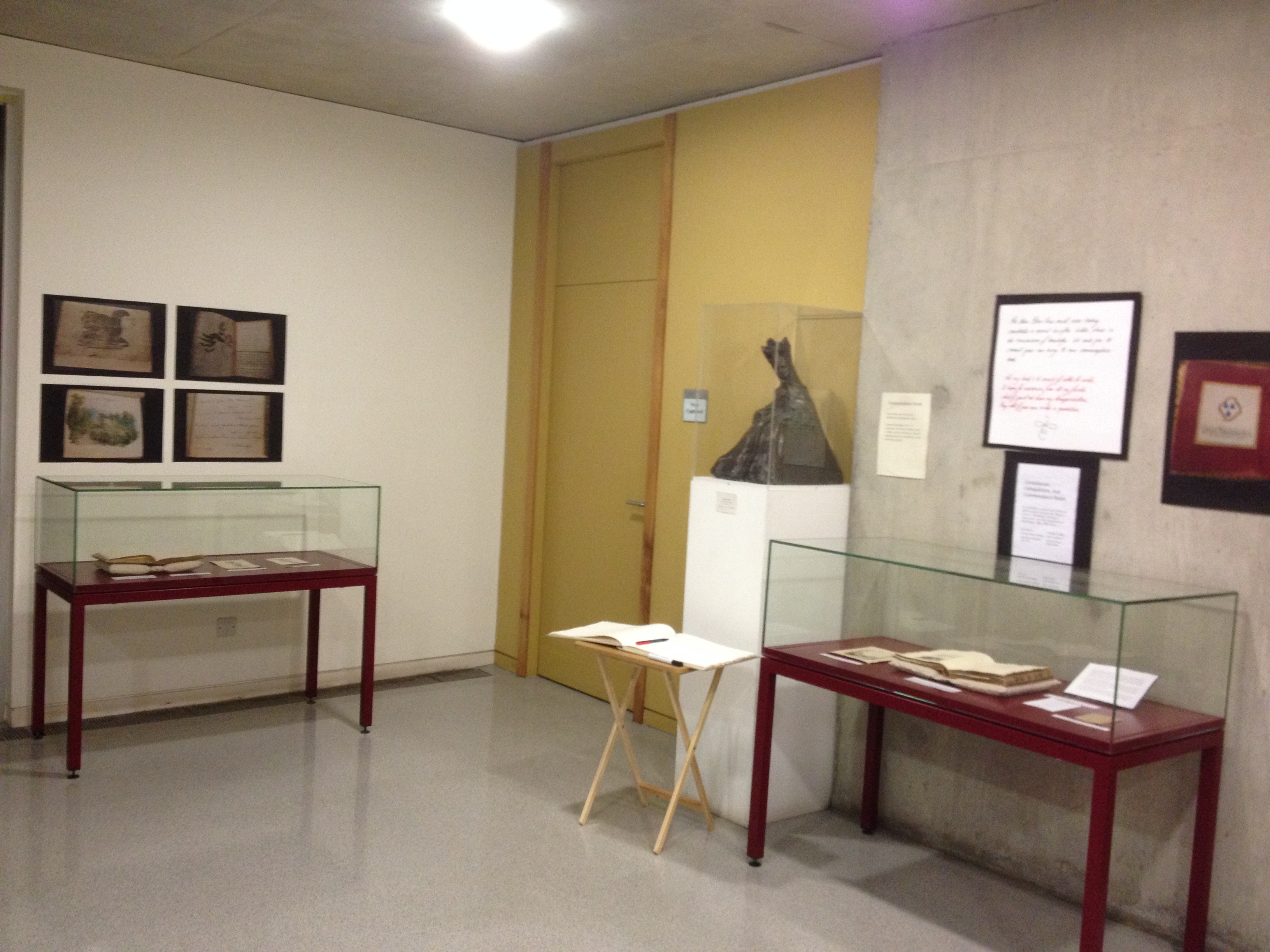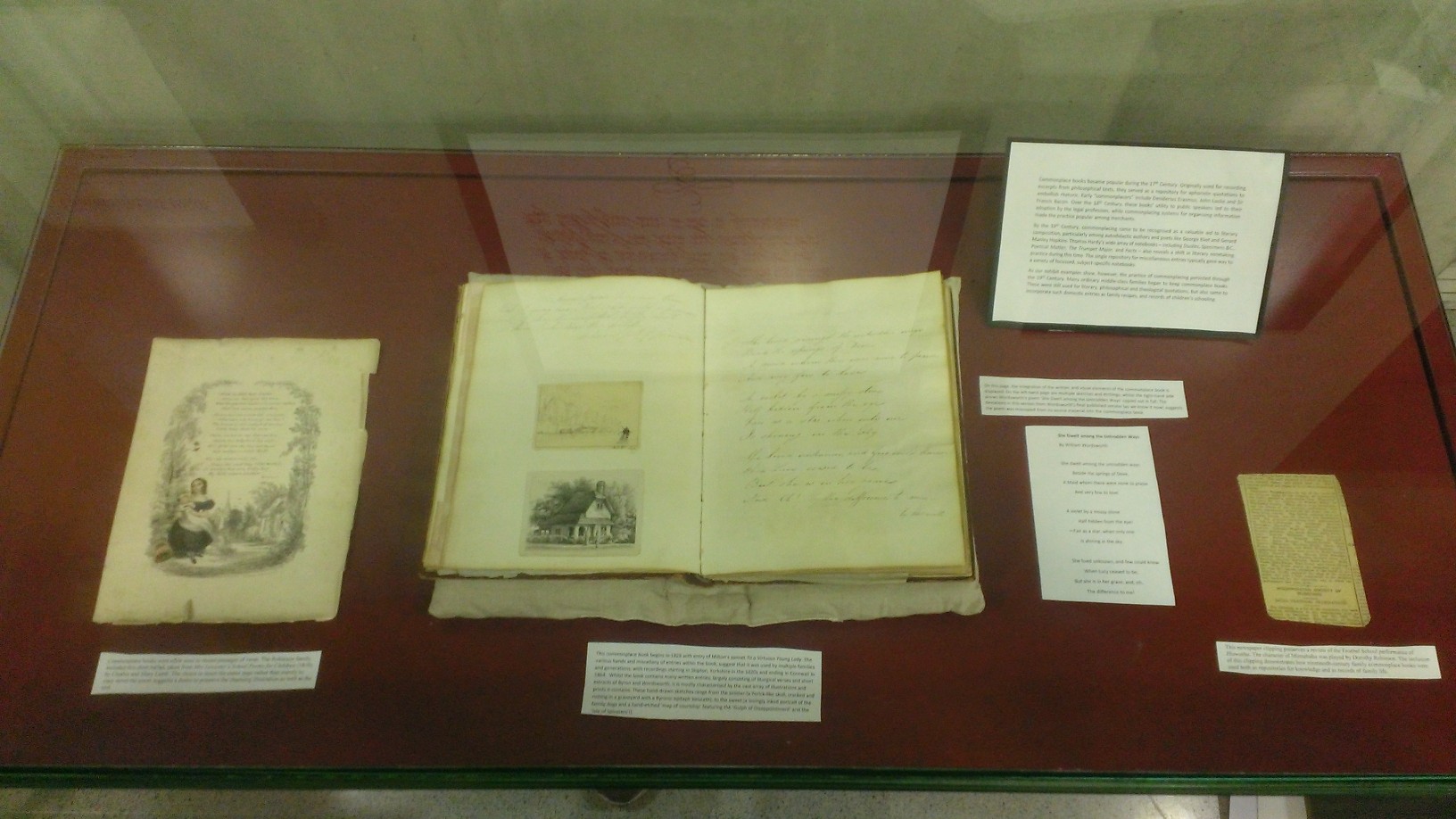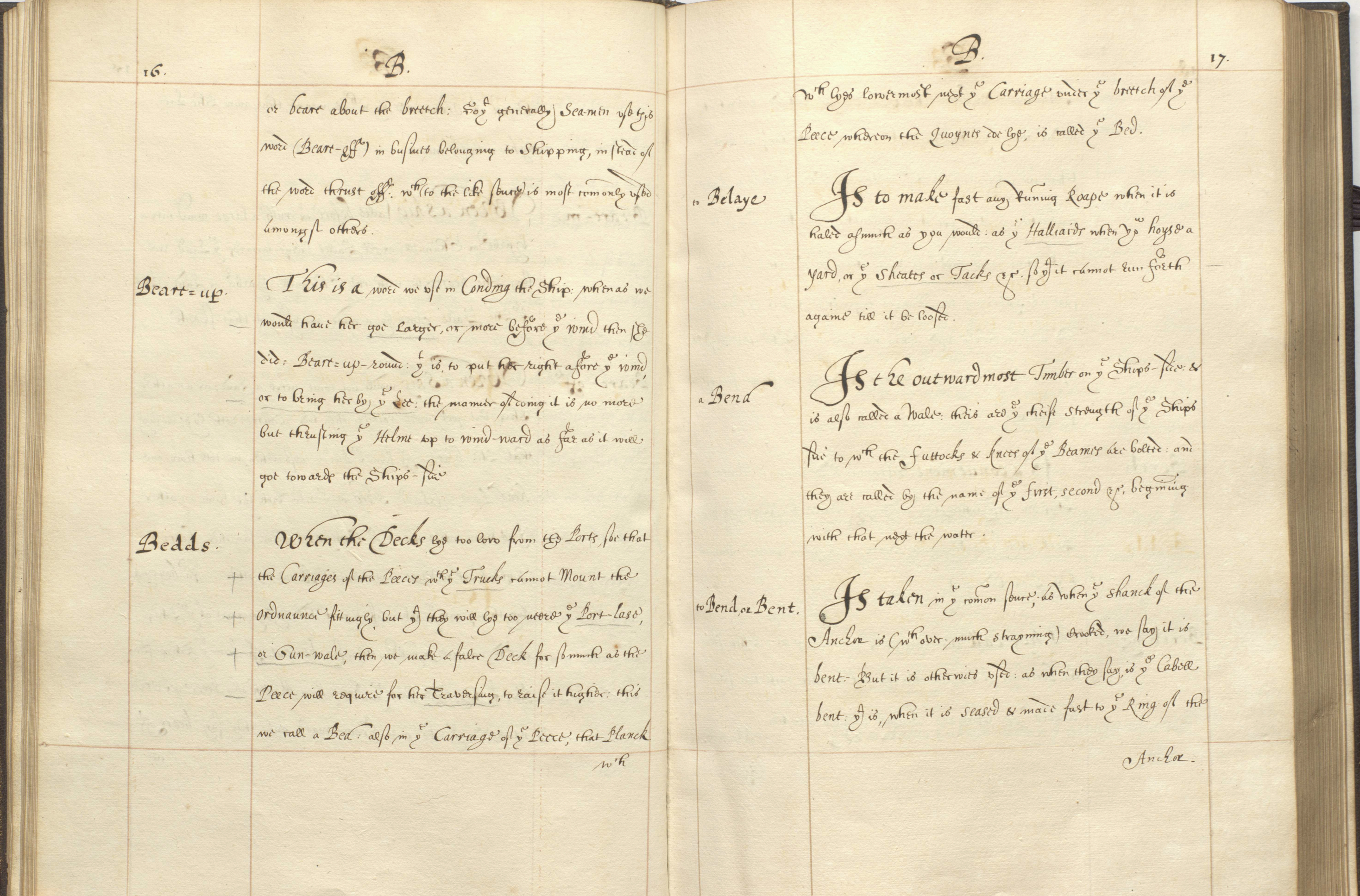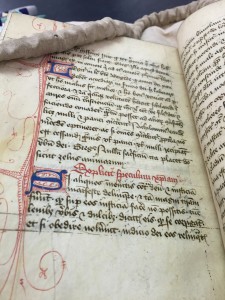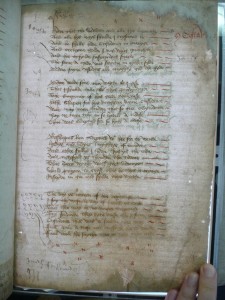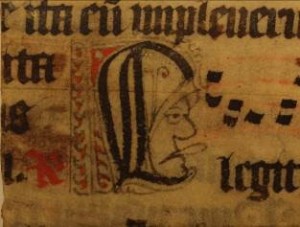COLLECTING KNOWLEDGE, CREATING KNOWLEDGE MEDIEVAL MISCELLANIES BETWEEN AUTHORIAL STRATEGIES AND SELECTIVE RECEPTION
Cambridge, 27 February 2016
Seminar Room 11, Faculty of History (3rd floor)
West Road CB3 9EF
10:00 – 10:30 Welcome Coffee and Registration in the Senior Combination Room
10:30 – 11:00 Introductory remarks by Rosamond McKitterick (Cambridge)
11:00 – 13:00 Reading the Classics
Chair : Mary Garrison (York)
Joanna Story (Leicester) The Reception of Classics in Munich Clm 14641
Justin Stover (Oxford) Victorinus, Isidore and a Bamberg Miscellany
Paulina Taraskin (London) Reading Horace: British Library Harley 2724
Renan Baker (Oxford) Sedulius Scottus and the exempla of Roman imperial biographies
13:00 – 14:00 Lunch in the Senior Combination Room
14:00 – 16:00 Collecting Knowledge in the Early Middle Ages
Chair : Teresa Webber (Cambridge)
Giorgia Vocino (Cambridge) Miscellanies For and From the Classroom: some Italian Examples (9th-11th centuries)
N. Kıvılcım Yavuz (Leeds) The Art of History-Making in Eighth-Century Francia: the Case of Historia Daretis Frigii de origine Francorum
Claire Burridge (Cambridge) Early Medieval Medical Miscellanies: an Exploration of Three Manuscripts
Anna Dorofeeva (Frankfurt) Strategies for Knowledge Organisation in Early Medieval Latin Glossary Miscellanies: the Example of Munich, Bayerische
Staatsbibliothek, Clm 14388
16:00 – 16:30 Coffee & Tea in the Senior Combination Room
16:30 – 17:30 Round table
Attendance at the workshop is free of charge, but registration is required. Depending on the number of attendants we may need to ask for a small contribution to the cost of refreshments.
For further details and to register, please contact Giorgia Vocino (gv275@cam.ac.uk)

